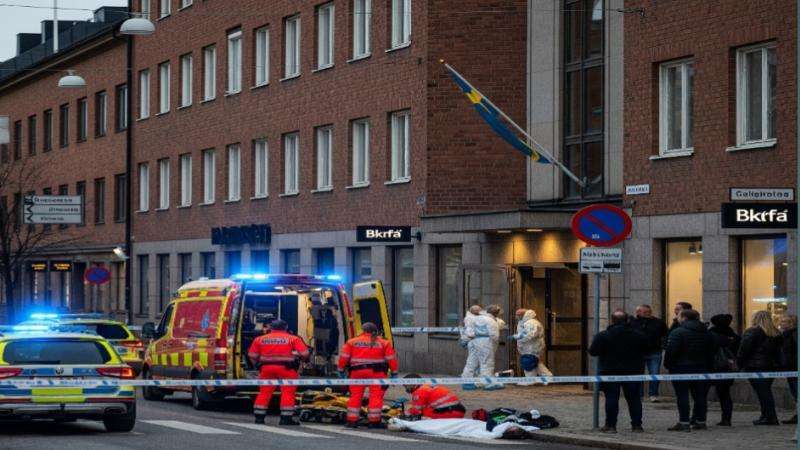British cancer patients are being denied critical drugs and access to cutting-edge clinical trials due to Brexit-related bureaucracy and rising costs, according to a leaked report obtained by The Guardian.
With cancer diagnoses increasing due to an ageing population and better awareness, international collaboration is more vital than ever for developing treatments. But five years after Brexit, the report — described as the most detailed of its kind — concludes that while the rest of Europe benefits from a boom in cancer research, UK patients are “losing out” because of mounting expenses and red tape.
The 54-page report states that Brexit has undermined doctors' ability to involve NHS patients in international clinical trials, with drug import costs in some cases nearly quadrupling. Shipping fees for trial drugs have sometimes increased tenfold.
These hurdles are seriously affecting UK cancer research and delaying access to life-saving treatments. Some patients, including children, have seen their treatment options vanish as tumors return or therapies fail.
Officials from the Cabinet Office and the Department for Science, Innovation and Technology are reviewing the report, which includes input from Cancer Research UK, the University of Southampton, and consultancy firm Hatch.
The government emphasized its commitment to supporting researchers and strengthening ties with the EU, especially regarding funding and collaboration.
However, the report identifies three major areas hit hardest by Brexit: the clinical trial regulatory system, the mobility of the cancer research workforce, and access to EU funding and partnerships.
UK universities and trial groups are struggling to attract global cancer experts, and British researchers are finding it harder to win grants due to increased post-Brexit bureaucracy. Redundant drug testing requirements have also caused costly and time-consuming delays — in one case, £22,000 was spent re-certifying aspirin already approved in the EU.
The report also warns that excluding UK researchers is harming the broader European cancer research effort. Experts say the fallout was foreseeable. Dr. Martin McKee of the London School of Hygiene & Tropical Medicine said these issues were predicted and are a direct result of severed EU ties.
Mark Dayan of the Nuffield Trust said the findings clearly show the real-world consequences of a “hard Brexit” for health and research. He called for a renewed agreement with the EU to reduce unnecessary red tape around drug testing and research approvals.
One key recommendation from the report is to establish a mutual recognition agreement for medicine testing to ease costs and delays for cross-border trials. Without such action, the UK risks further setbacks in providing life-saving treatments.
A government spokesperson reiterated the UK’s support for cancer research, citing access to the EU’s £80 billion Horizon Europe programme and ongoing efforts to bring new treatments to patients faster.
The Guardian has previously reported widespread treatment delays within the NHS, including children waiting months for basic care such as chemotherapy or surgery.








.svg)


